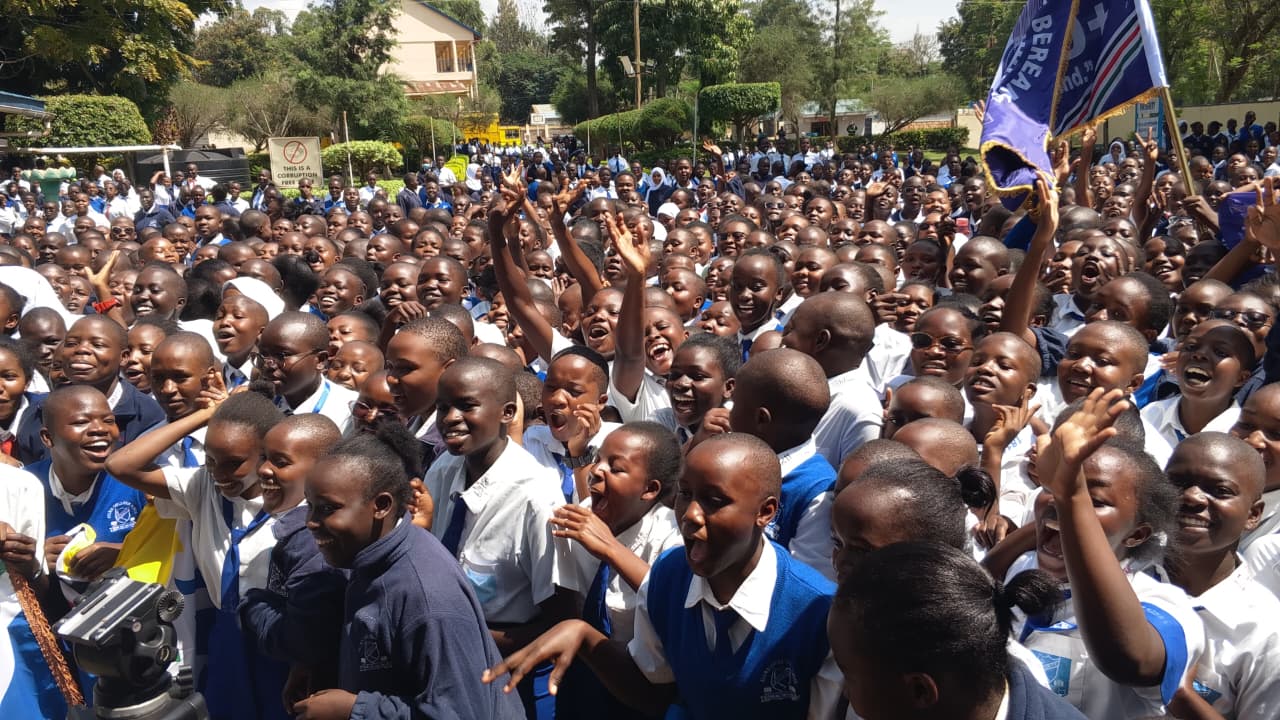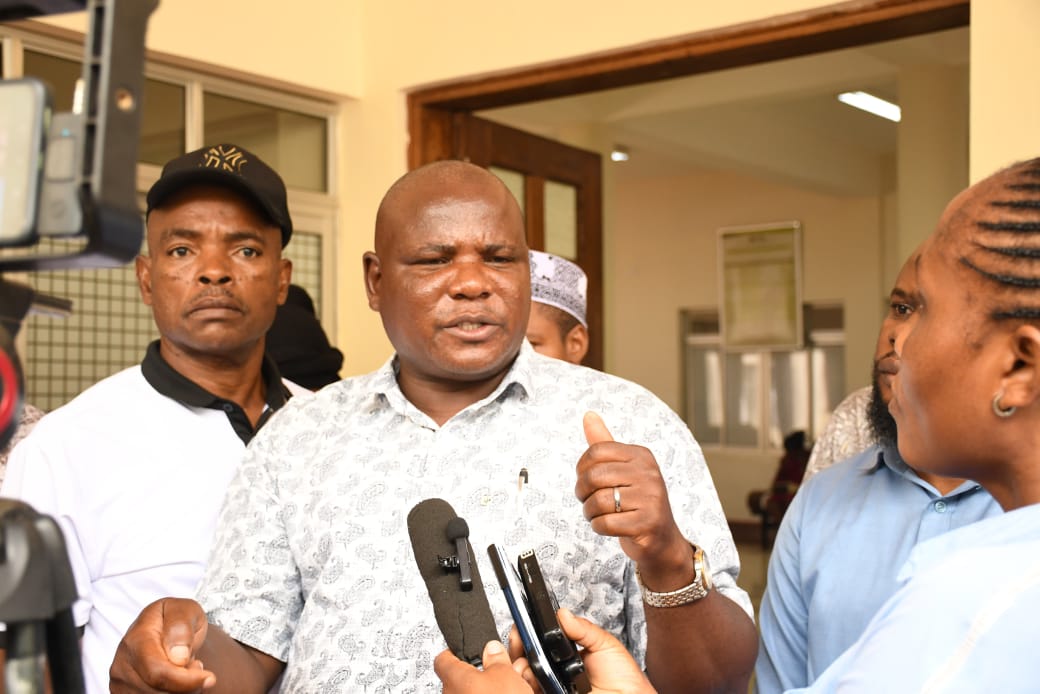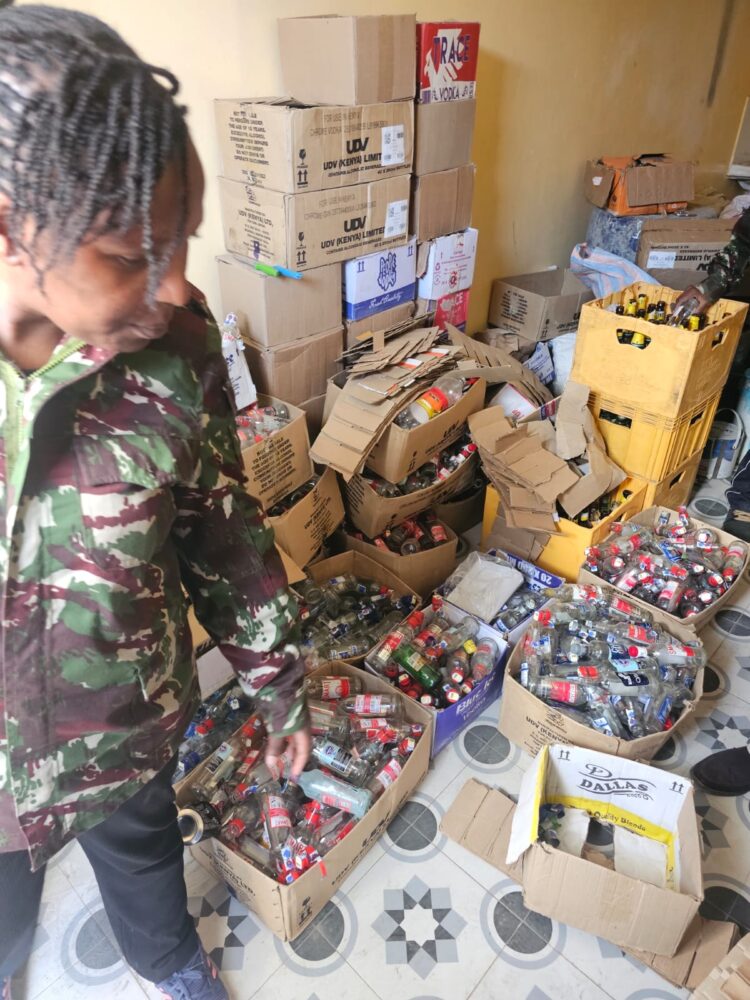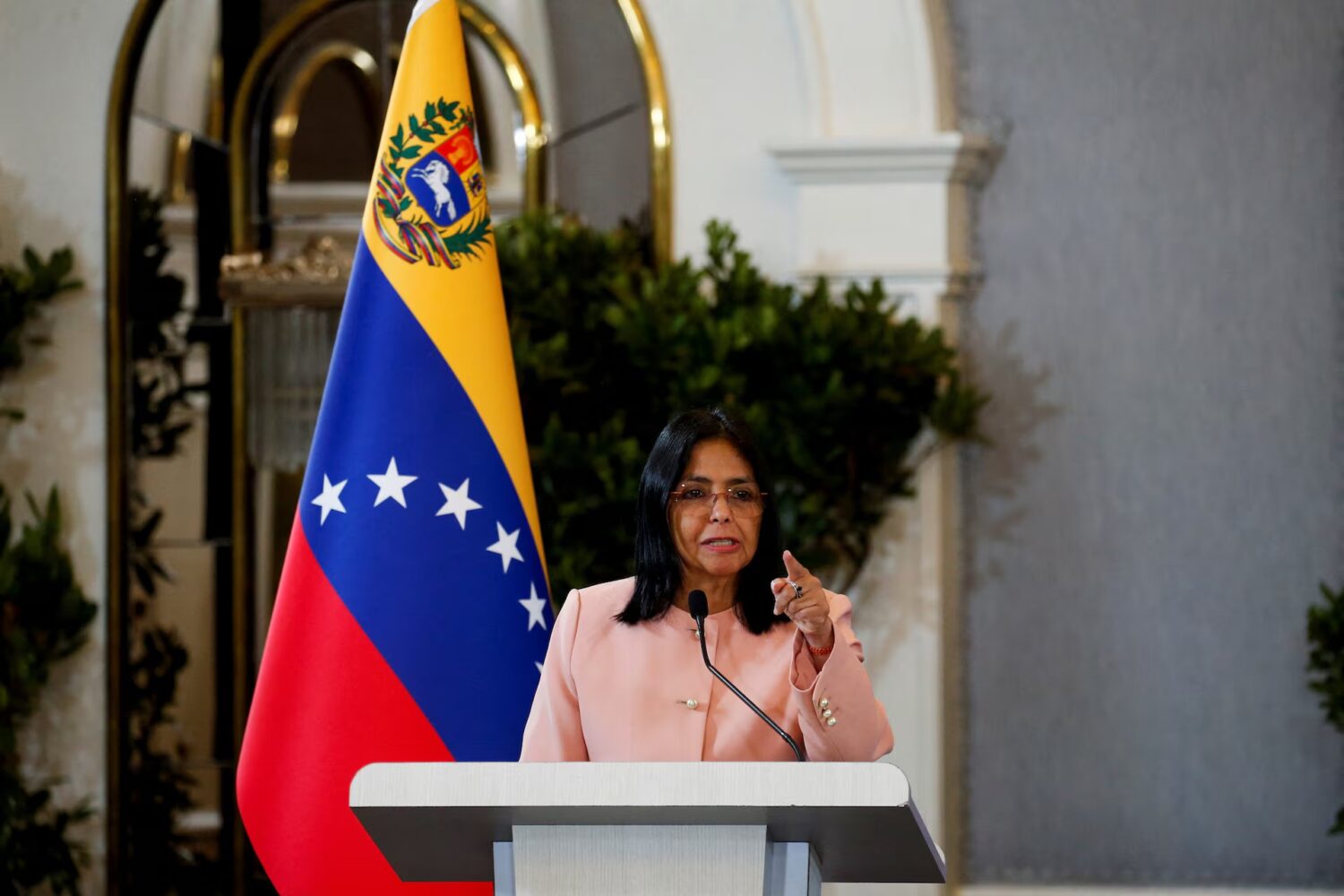Oscar-winning actress Lupita Nyong’o has opened up about her experience after being diagnosed with uterine fibroids.
Uterine fibroids are non-cancerous growths that develop in or on the uterus which are made of muscle and fibrous tissue. They mostly occur during a woman’s reproductive years, particularly between the ages of 30 and 50.
On her Instagram page, Lupita shared that in 2014, the same year she won an Oscar for “12 Years a Slave”, she discovered she had 30 uterine fibroids, of which she underwent surgery to remove them.
“I started talking about my experience privately, and I realized so many women are going through this. We’re struggling alone with something that affects most of us. No more suffering in silence!” she said.
July, being Fibroid Awareness Month, ” The 355″ star said she is speaking up about uterine fibroids, hoping her experience will ‘resonate with anyone else who has ever felt dismissed, confused or alone.’
“This Fibroid Awareness Month and beyond, I hope my experience will resonate with anyone else who has ever felt dismissed, confused or alone.
“And I hope to seek answers for the far too many women dealing with uterine fibroids (80% of Black women and 70% of white women by age 50!). We deserve better. It’s time to demand it. Silence serves no one!”
Furthermore, on Tuesday, July 15, 2025, she joined Representative Shontel Brown, Robin Kelly, and Senators Washington DC to introduce a package of uterine fibroid Congressional bills.
According to Lupita, these bills would expand research funding, increase early detection and interventions for uterine fibroids, study the causes of uterine cancer, and increase public awareness.
The actress also revealed she is launching the FWH x Lupita Nyong’o Uterine Fibroid Research Grant, in partnership with the Foundation for Women’s Health.
“In partnership with the Foundation for Women’s Health, I’m launching the FWH x Lupita Nyong’o Uterine Fibroid Research Grant.
“The Foundation for Women’s Health will seek research proposals to develop minimally invasive or non-invasive treatments for uterine fibroids to reduce symptoms and improve quality of life for the 15 million patients suffering from this chronic condition in the U.S. alone.” she concluded.












